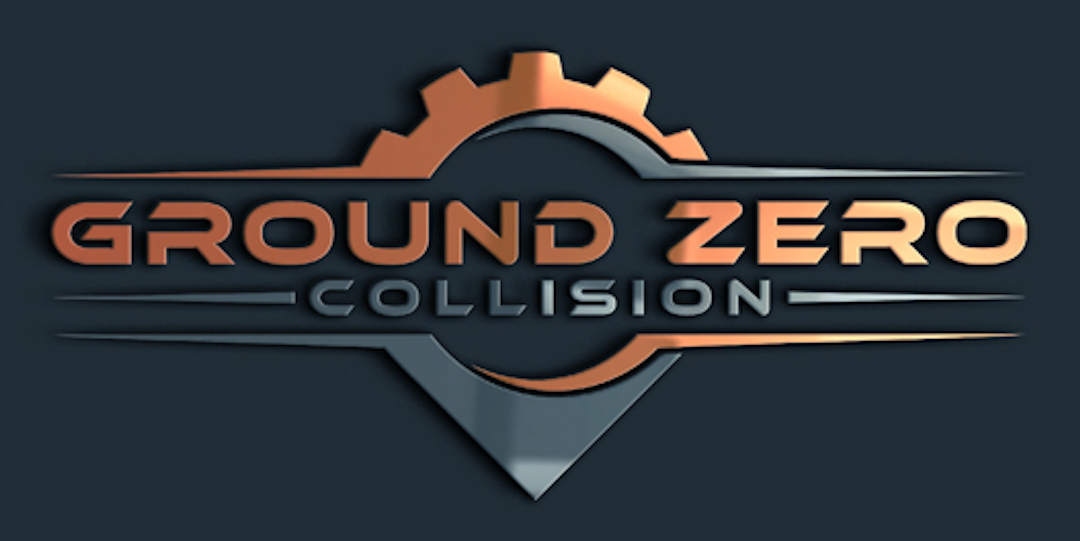It’s Critical To Know What Your Insurance Covers
Automobile insurance is one of those “necessary” evils. Marketed in terms such as “like a good neighbor” and “the good hand people”, all too often the average consumer is surprised (perhaps SHOCKED is a better word) when they need to file a claim after an accident.
It’s important to note that each state has different requirements for minimum liability coverage. Speak with your insurance agent for the details specific to your policies.
Read Your Contract
Your insurance policy is a legal, binding contract. As such, we encourage you to read your contract thoroughly to know what your insurance covers, and what it specifically excludes. Many of the surprises we see happen when consumers simply didn’t know that the language of their policy specifically excluded certain parts, or made allowances for others.
Do You Have An OEM Endorsement?
These days, most insurers have language (typically buried deep in the policy and in fine print) that allows them to pay only for aftermarket, used, salvaged, rebuilt or reconditioned parts in the course of your vehicle repair. This can be more than a nightmare for you, the consumer! Unless you have an Original Equipment Manufacturer (OEM) endorsement added to your standard policy, you may (in some cases unknowingly) be agreeing to your insurer paying only for inferior, undocumented or salvaged parts instead of the parts that are actually made for your vehicle.
These OEM endorsements cost only a few extra dollars per year, and are well worth your investment. Insurance agents, however, will rarely offer this endorsement because it doesn’t make the insurance company much more money, and will cost them a little more during a repair. You have to be aware of the endorsement, and bring it up when you purchase or renew your policies.
Check Your State Law
While it’s very important to know what your insurance covers, it’s equally important to know what your state says about the quality of parts to be used during a vehicle repair. States often use the words, “disclosure” and “consent”. Disclosure typically means that the body shop must identify aftermarket parts on any estimates that they provide to you. Note: that doesn’t mean they have to make it super obvious. Most estimates will use the notation of “AM” on a part number to let you know that they’re recommending aftermarket parts.
The term, “consent” usually means that before aftermarket parts may be used in a repair, you have to actually sign your agreement.
We Stand Ready To Help
If you have any questions about what your insurance policy covers (or doesn’t cover), please don’t hesitate to
contact us directly. We’re happy to help you get through the legal jargon and explain what you’ve got in your policy!

